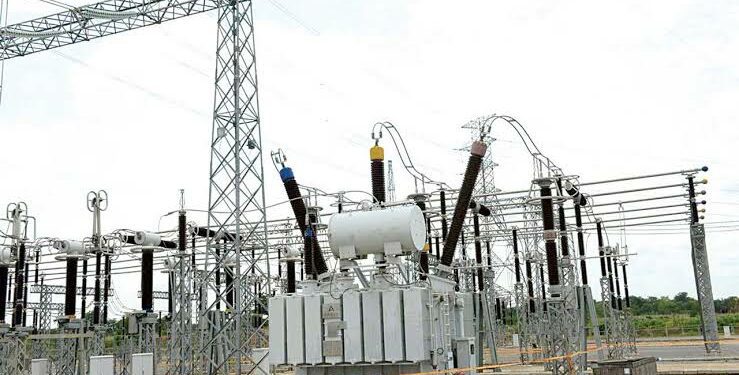Stakeholders in the environment are asking state legislative assemblies, particularly in the Niger Delta area, to create rules that would let individuals produce electricity from methane, and maybe sell it to the national electricity network.
This request was made in a statement released on Wednesday by the Environmental Centre for Oil Spills and Gas Flaring, and the African Centre for Transparency, Accountability, and Responsible Leadership, following a one-day workshop on Methane Abatement in Nigeria, held in Asaba, the Delta State capital.
The statement mentioned that a varied and multi-level approach involving public-private partnership, including civil society organizations, government, and other important stakeholders should be used because of the complexity of methane emissions from human-made sources.
The statement says, “There are existing solutions for methane reduction both for homes and industries, so there is the ability to adopt technology. Making pilot technologies commercial and expanding them becomes important and requires adoption.
“It is important to commit to efficient and updated waste management (such as capturing and using gas from landfill sites, sustainable farming practices) like improving rice cultivation and optimizing livestock rearing and management systems.
“We need to intentionally involve political figures in the advocacy campaign, using political resources available to us. This pertains to strengthening regulations that would support methane reduction.
“There is a need for state legislative assemblies to create rules that would allow individuals to make electricity from methane and possibly sell it to the national grid. A straightforward action in this case is creating such rules which are later supported by law.”
The stakeholders encouraged individuals and organizations to understand the requirements of the energy law, which enables them to generate independent solutions without having to sell electricity to the national grid.
They called for a change in mindset and widespread awareness about the value of methane and its proper use, emphasizing that having the political will is very important.
They said that engineered dumpsites (or landfills) should be given priority over waste collection sites; however, such waste collection sites should be improved to reduce methane emissions in the meantime.
Earlier, a methane researcher, Dr. OPB Opia, told South-South PUNCH that methane is a powerful greenhouse gas that significantly contributes to global warming.
He stated that one of the main sources of methane emission is from human-made sources, which accounts for about 60 percent of global methane emissions, and therefore plays a critical role in the climate change discussion.



